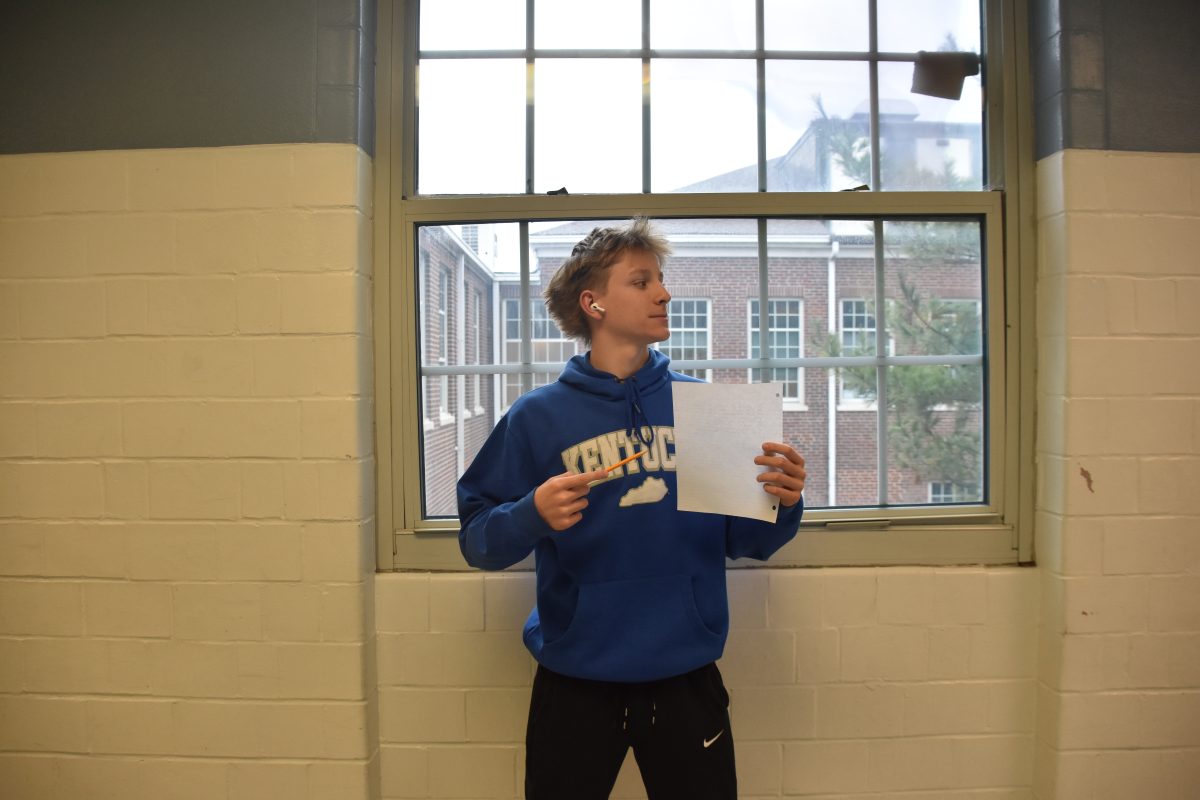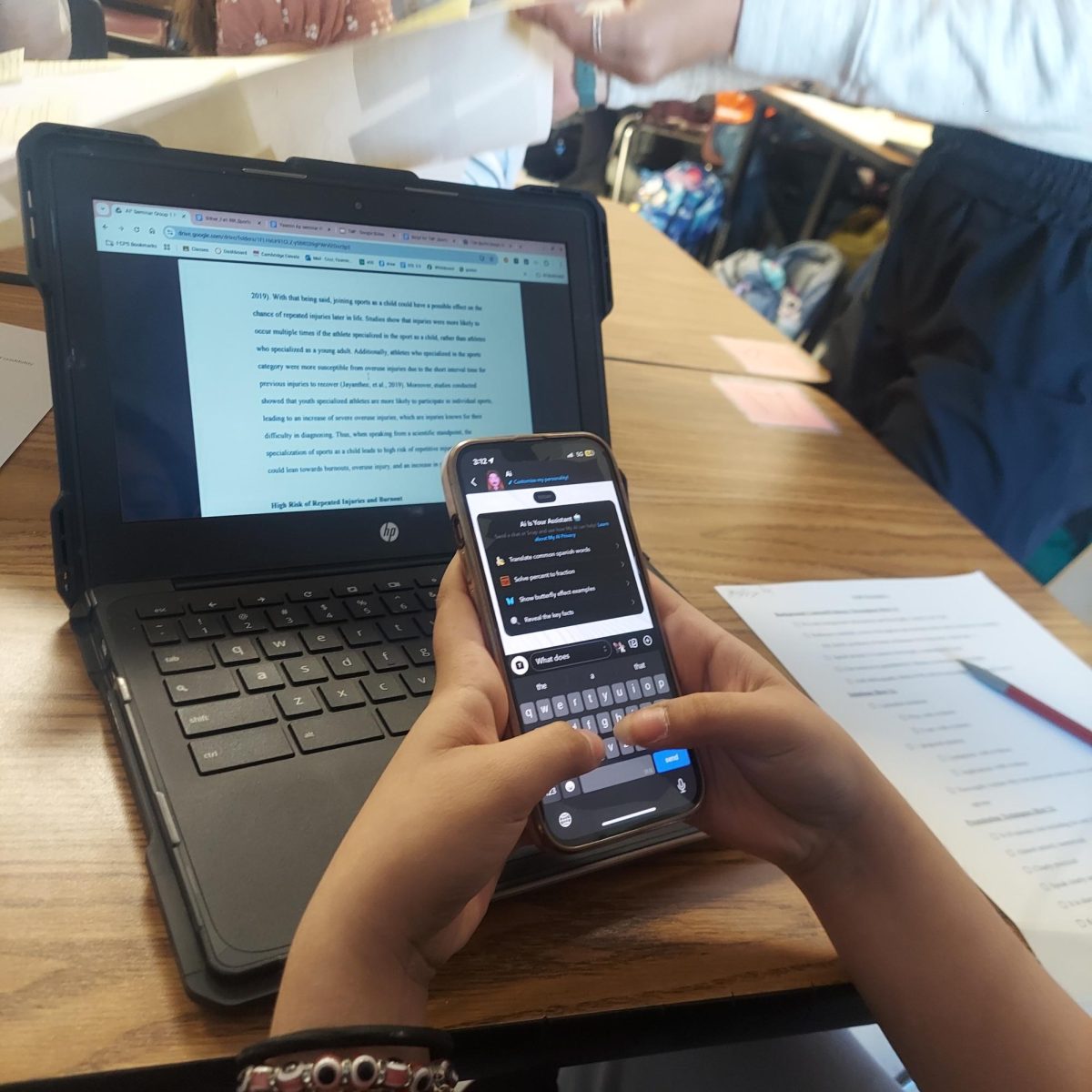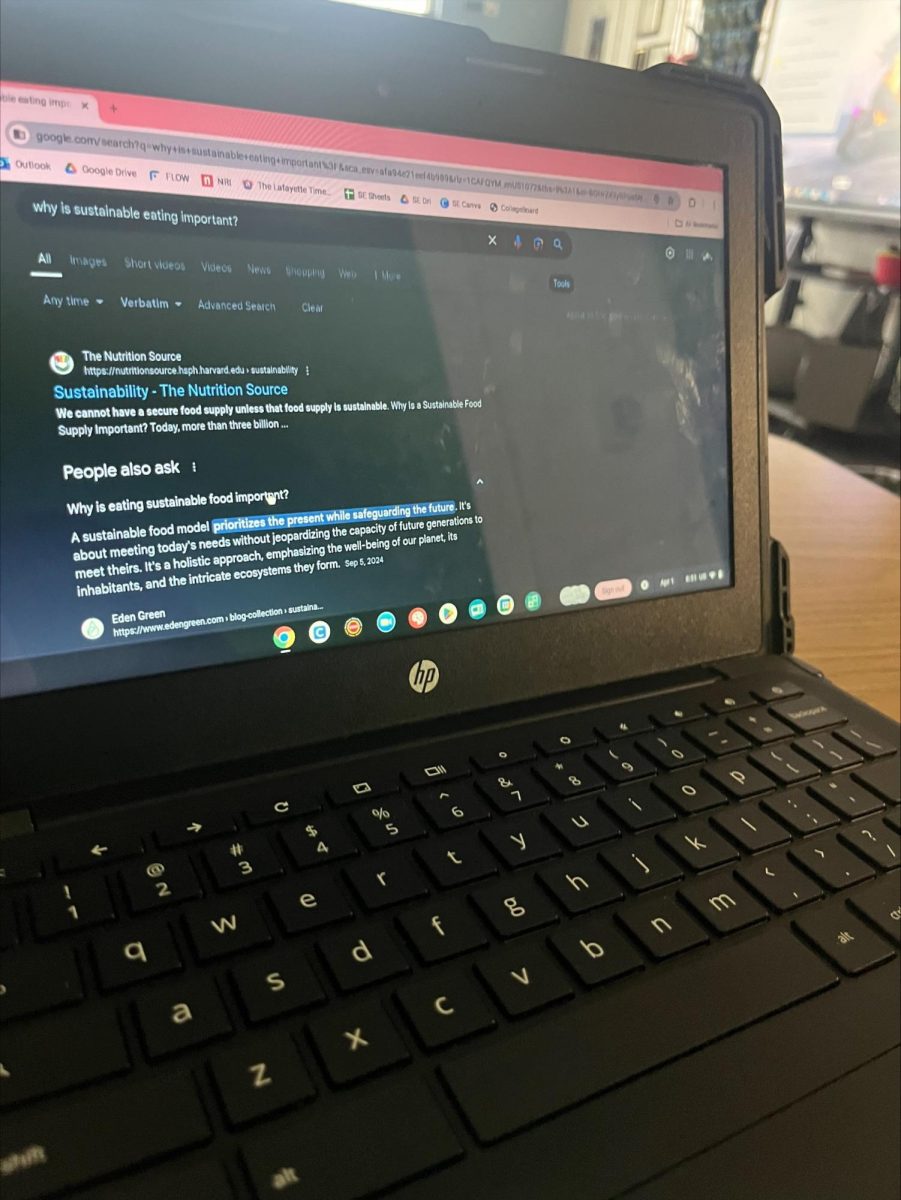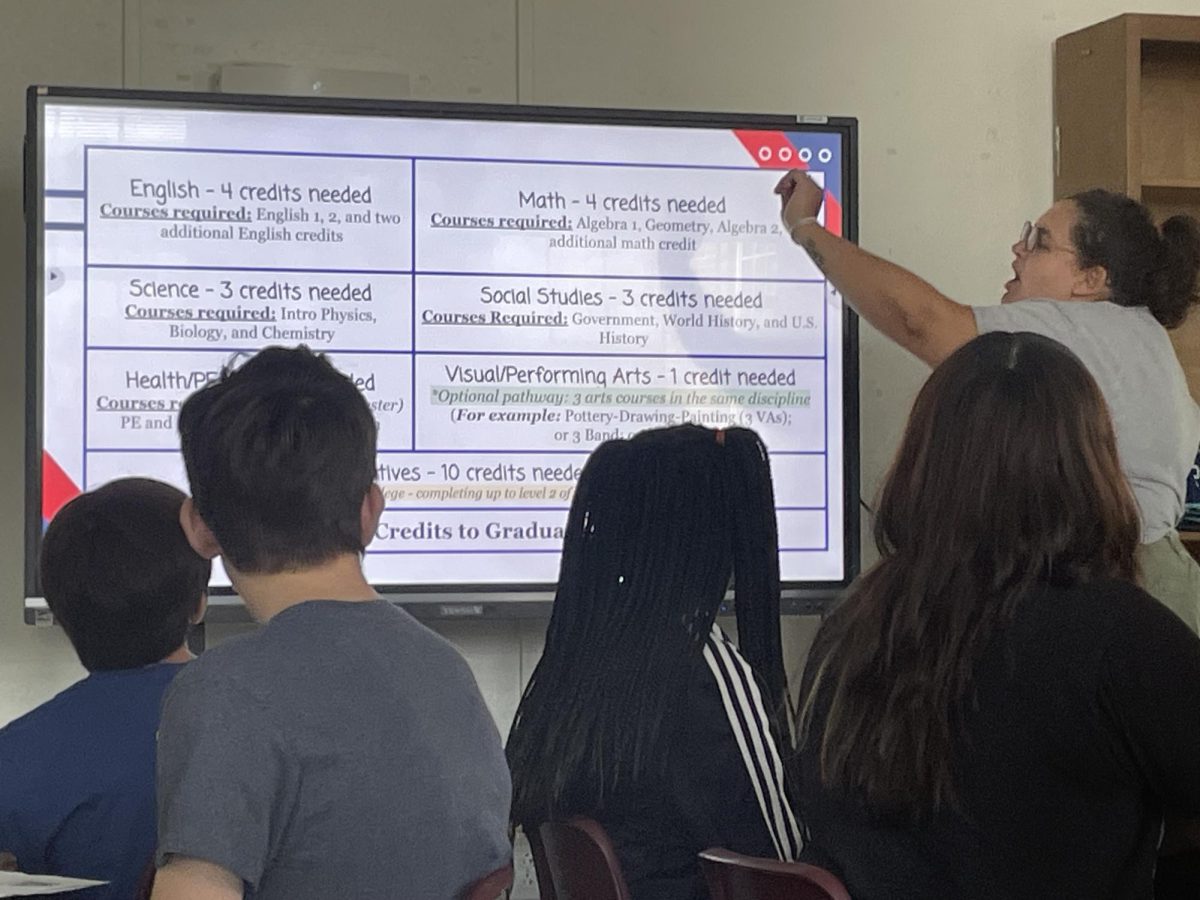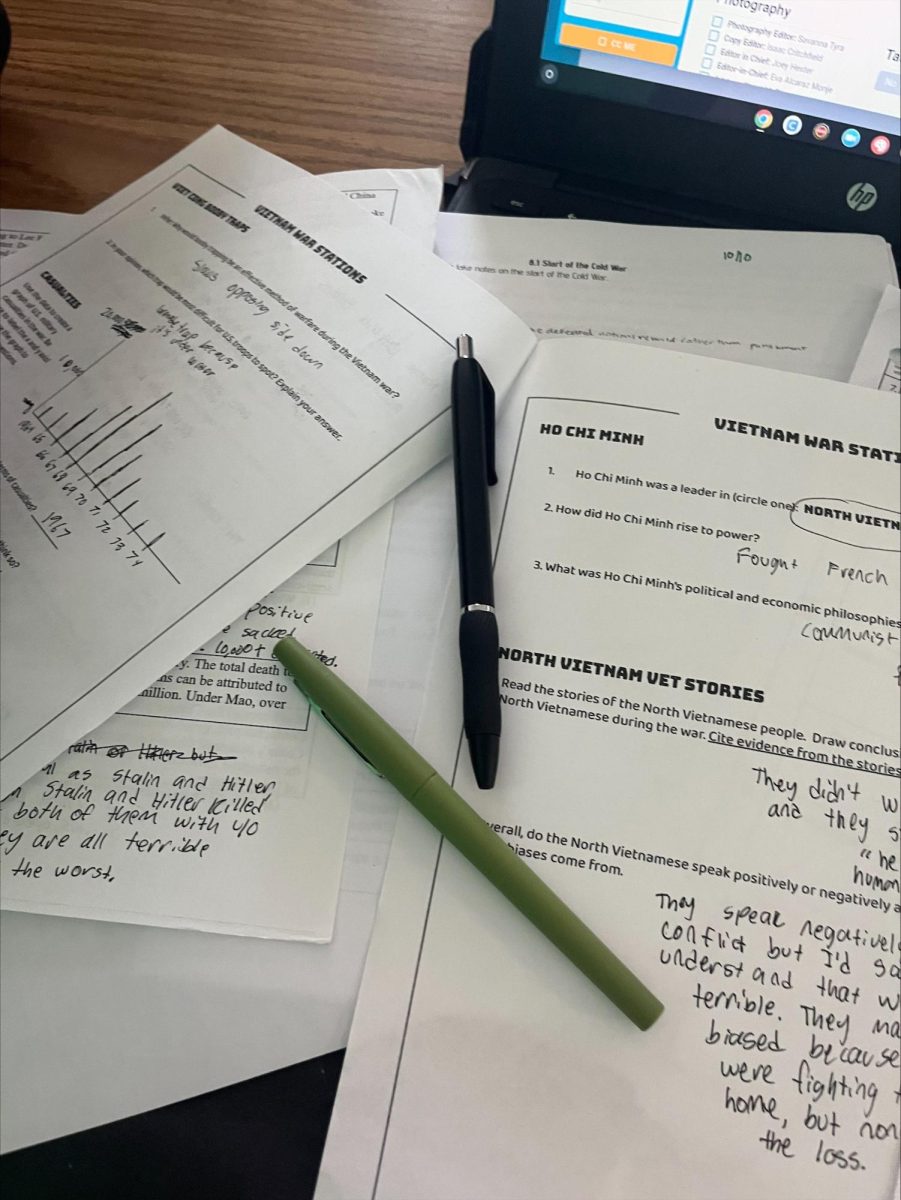December is here, which means it’s almost the end of the semester. For some, this fall semester has been a walk in the park, but for others, it’s been a long ride on the struggle bus.
In this article, we will be looking at some ways students can improve study habits, bring their grades up, prevent procrastination, and be more organized. School is easy to fall behind if you’re not focused on your work, making it harder to fix your grade. Here is some advice on how to keep up with your school work this upcoming semester.
Even the best students can fall behind and have to play catch-up late in the year to pass their classes. There are a lot of factors that can cause students to get behind. Most of the time, the issue is something that can be fixed easily, such as homework. A lot of homework can put pressure on students and can be too much for them to handle. A common way to prevent having homework build up is to finish the homework in class or as soon as you get home so you won’t have to worry about it the next day.
Lafayette has an A and B-day schedule, so students have two nights to complete homework, which can easily cause them to become lenient with it. Some students will procrastinate on the first day and try to finish it all on the second day. Attempting to complete homework on the first day after it is assigned tends to be the better option because you can ask for help on the second day if needed. Another factor that can influence a student’s productivity are distractions such as social media and video games. Keeping your phone in a separate room while working on homework is an excellent way to prevent this from throwing you off track. Most Apple and Android devices also contain a “focus mode” where you can set a certain status and limit your screen time during a specified period. Depending on your needs, focus mode can silence notifications and dim your lock screen so you aren’t tempted to scroll on your phone.
Limiting the time you spend on video games is also a good idea to help your productivity. Some ways to do this are not playing games on weekdays or restricting the amount of time you play. Another idea is to try to complete your homework before getting on a game. It’s common to get lost in a game, lose track of time, and notice it at night and then you will still need to complete your homework. Then, you would have to stay up trying to complete it before the deadline. Losing sleep will cause you not to be able to focus the next day.. One method for studying is note-taking, which is a very effective method if you benefit from reviewing work after class. A good way is to organize your notes by having headings, subheadings, and numbered lists for sections, making them easier to understand and comprehend. Keeping notes in separate folders or pockets and organizing them by different units will make them easier to find and look back at. Taking notes in your own words instead of copying what the teacher gives will also help jog your memory when looking back before the test. Color coding notes and underlining essential topics will also point out the most vital information and may make it easier to study when looking back at your notes. Keeping your notes short by using bullet points instead of complete sentences may also make it easier to look back and review later on. Asking for help when needed is something that most students struggle with. Mainly because they feel awkward and uncomfortable, and it feels embarrassing to ask for support, but getting help is always the first step in improving your grades. Attending ESS or emailing a teacher with questions about a homework assignment are ways to access help after school. Some teachers may also allow retakes for projects. Taking advantage of this can quickly increase your grade. Getting help and then redoing the assignment can boost your grade over time. It is always good to study and look back at notes before attempting a test retake so you can get a better score. Sleep is another huge factor that may affect your performance in school. Sleep plays a crucial role in helping students remember information.Getting plenty of sleep can improve your academic performance, improve concentration in class, and help you stay focused. Eight hours of sleep is the recommended amount for students to get in order to perform well in class and on tests, quizzes, and homework assignments without any issues. However, many students struggle with getting enough sleep. Social and environmental factors like social media, extracurriculars, and home life all affect sleep at night. Illnesses are challenging to avoid, and being sick can put you behind, depending on the amount of days you miss. A good strategy to catch up on missing assignments is to organize a list of the hardest tasks to the easiest ones. Completing the challenging assignments first will make it easier to go through the rest. You can also meet up with classmates and get the notes you missed out on or help with missing assignments. Asking the teacher to help you complete missed assignments is an excellent catch-up method. These study and catch-up methods have been tested by students in Advanced and AP classes and have worked for them. Improving your note-taking skills can make it easier to look back at them and be more prepared for the test. Getting enough hours of sleep per night can help you focus in class better. The second semester will be a tough one, with more scheduled days compared to the first one. But by taking the advice that was mentioned above, you can be sure that your grades will improve and you will have a stress-free semester.

